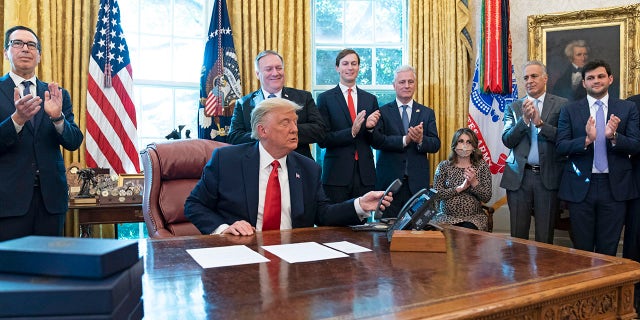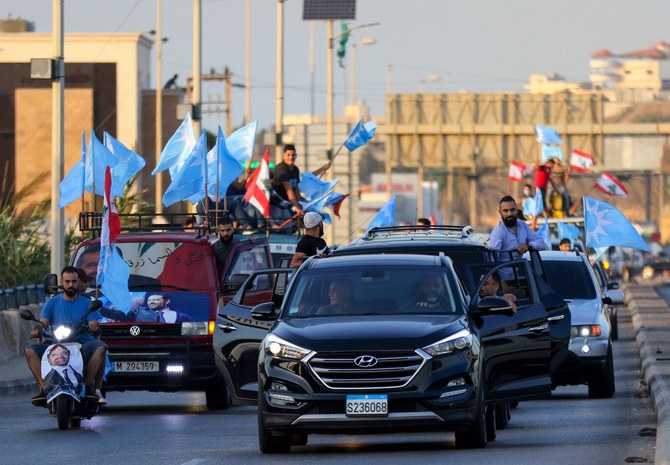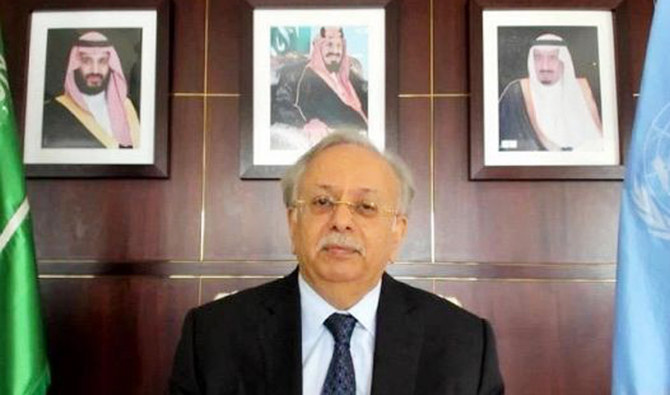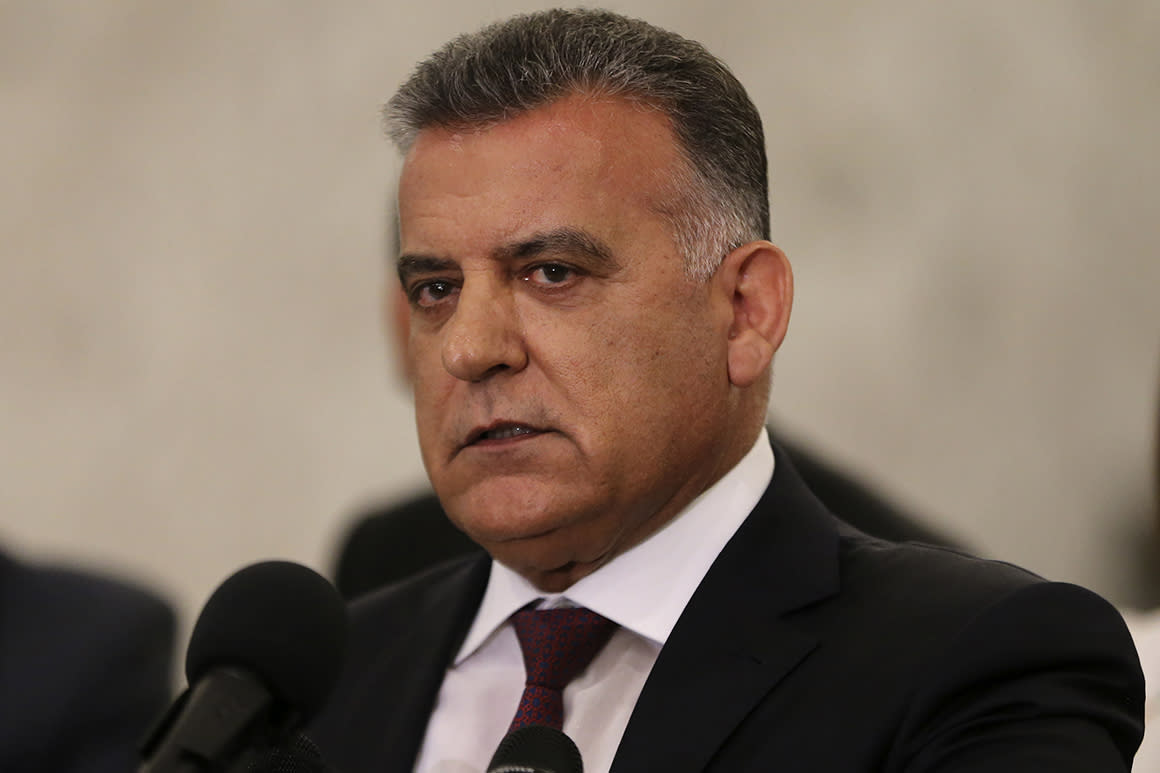
By Morgan Phillips | Fox News — President Trump on Friday announced a peace deal that would normalize ties with between Israel and Sudan, claiming there “would be many more peace deals to come in the Middle East.” Trump invited reporters into the Oval Office while he was on the phone with the leaders of Israel and Sudan to discuss the latest U.S.-brokered deal in the run-up to Election Day. “Three months ago, no one thought this was possible. Even Bibi didn’t know if this was possible, right Bibi?” Trump asked his ally, Israel Prime Minister Benjamin Netanyahu. Trump said Sudan had demonstrated a commitment to battling terrorism. “This is one of the great days in the history of Sudan,” Trump said, adding that Israel and Sudan have been in a state of war for decades. “It is a new world,” Netanyahu said over the phone. “We are cooperating with everyone. Building a better future for all of us.” The president said that at least five other countries wanted peace with Israel. “We have many lined up. They want to come in, get the deal done.”
“Iran ultimately will become a member of this whole thing. Look, someday I’d love to help Iran get back on track. They’ve gone from a rich country to a poor country in three years,” he said. “But they can’t have nuclear weapons,” he continued. “It’s always death to Israel, that’s all they shout. So they can’t have nuclear weapons.” The president also said that a deal between Israel and the Palestinian region may be on the horizon. “Palestinians, they’re wanting to do something. “I’m sure that will get done, too.” Before the 2020 peace deals, Middle Eastern nation had not recognized Israel since Jordan in the 1990s. Trump said he expects Saudi Arabia to come to the table for a deal soon. “There’s going to be a big reunion, where everybody is here, everybody’s going to be signed. We expect Saudi Arabia’s going to be one of those countries. Highly respected. The King and the Crown Prince. They’re all just highly respected in the Middle East.”









